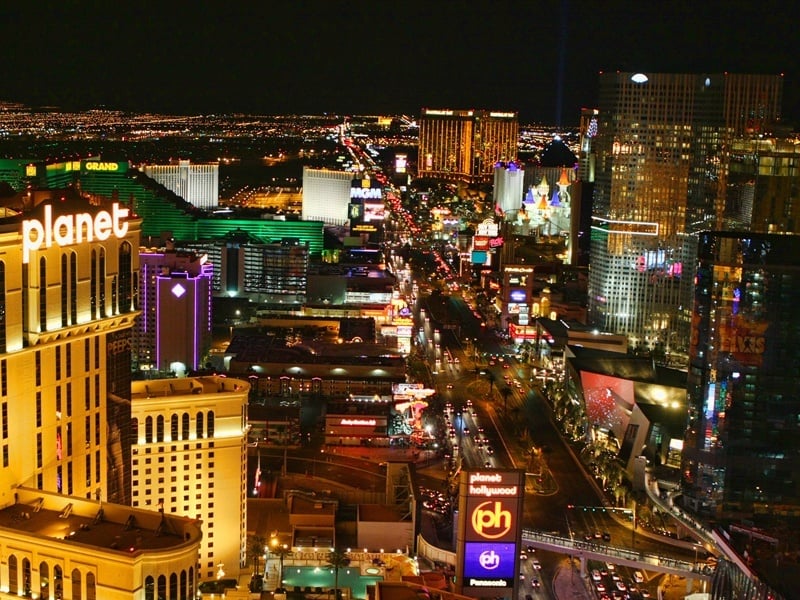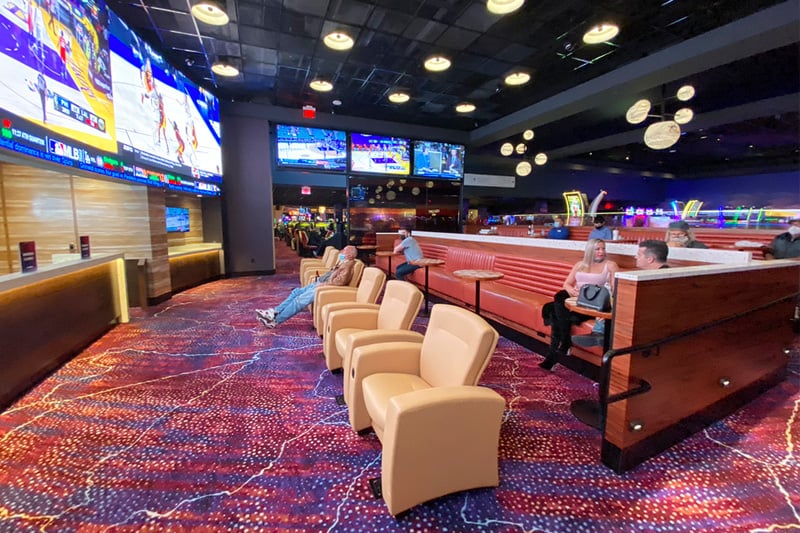Class Action Lawsuit Accuses Las Vegas Hotels of Price Fixing
This is a really, really boring story, but we have thoughts, so we’re going to write about it, anyway.
A class action lawsuit has been filed against several Las Vegas hotel companies claiming the companies colluded to keep hotel room rates artificially high.
To save you some reading, because we know how you are: We think the lawsuit is hooey.

The lawsuit alleges Caesars Entertainment, Treasure Island, Wynn Resorts and MGM Resorts used software to share data in a way that violates antitrust laws.
All these hotels presumably use the same software, from Cendyn Group and its subsidiary Rainmaker Group, to monitor and dynamically set room rates.
Here’s what the news release announcing the lawsuit says, “The lawsuit alleges that Rainmaker, a revenue management platform used by an estimated 90% of Vegas Strip hotels, collects real-time pricing and supply information from competitors and provides room rental rate recommendations designed to unlawfully maximize profits for its hotel operator users. Attorneys say this algorithmic-driven price-fixing comes at the expense of consumers and in violation of antitrust laws.”
Maximizing profits? Gross!
The lawsuit asserts, “The sharing of pricing and capacity information through Rainmaker has displaced normal competitive pricing and lead to increased room prices, according to the lawsuit, and antitrust academics have roundly criticized this type of price and supply exchange as anticompetitive.”
We are not a lawyer, but it doesn’t take a law degree to know: 1) class action lawsuits are often a way to fish for settlements from companies with deep pockets, 2) this sounds more like smart market research than “collusion,” 3) nobody’s forcing anyone to book a Las Vegas hotel room at a given price, it’s supply and demand, deal with it.
If only we were in charge of our legal system, things would move much more quickly and everyone would save a lot of money defending themselves from baseless lawsuits.
Software like Rainmaker is a tool used by Las Vegas hotels so they don’t have to visit every competitor’s Web site to see what the rates are.
It’s like if restaurants used software to find out the price of filet mignon at competing restaurants in the neighborhood. They could call everyone and ask (presumably changing their voice every time to avoid detection), or walk in and look at the menus (donning a fake mustache to befuddle the competition), but that’s impractical. Technology is a tool, and companies like Rainmaker do the legwork of gathering data. It’s “work smarter, not harder.”
Hotels aren’t meeting behind closed doors to artificially raise room rates. They’re using a popular tool to make business decisions.
This lawsuit, as the kids say, is all sizzle, no steak. That’s a callback to the filet mignon, in case that weren’t obvious.
We’ll make sure to share the results of the lawsuit when an outcome is announced, probably in 2035. After Las Vegas hotel companies have spent millions defending this baseless class action lawsuit. A cost which will be passed along to customers who will indirectly pay for the legal fees through, you guessed it, higher room rates.
Update (5/14/24): As predicted, this moronic lawsuit has been tossed.
Want to explore more stories? Read about US gambling here:
You can also learn about online gambling in Canada here:





Leave your thoughts on “Class Action Lawsuit Accuses Las Vegas Hotels of Price Fixing”
22 Comments